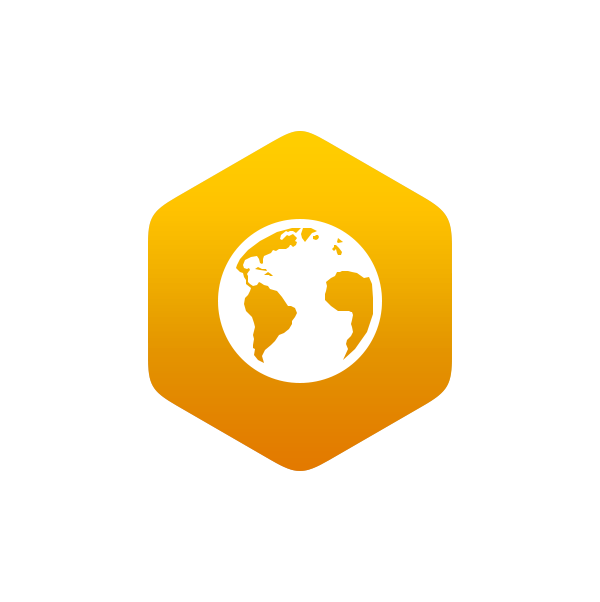1.1: Learning Science
- Page ID
- 6984
To begin, I would like you to read two articles and discuss their merits with the rest of the class in a discussion forum. This discussion will last throughout the week, so be sure to read the articles early and check in to the discussion forum often. See the Lesson 1 Overview page for specific dates.
Learning Science Reading Discussion
Required Reading
Read the following articles, which are linked directly from the Lesson 1 Paper Discussion board in Canvas.
- Bloom, P., & Weisberg, D. S. (2007). Childhood Origins of Adult Resistance to Science. Science, 316, 996-997. doi: 10.1126/science.1133398.
- Kastens, K. A., et al. (2009). How Geoscientists Think and Learn. Eos, 90, 265-266.
Submitting your work
Once you have finished the readings, engage in a class discussion as described below. This discussion will take place over the entire week devoted to Lesson 1 and will require you to participate multiple times over that period.
- Find the "Learning Science" reading discussion forum, accessed from "One: Preinstructional Activities" module in Canvas.
- You will see the four questions below already there:
- What common scientific misconceptions do your students or other acquaintances have? How do you try to teach these concepts or correct the misconceptions?
- Do you agree with the statement made by Bloom & Weisberg that people evaluate the trustworthiness of the source when it comes to scientific concepts they've never heard of before?
- What are some examples from your own teaching and learning experiences of the "cascade of inscriptions" idea mentioned by Kastens et al.?
- Kastens et al. identify feedback loops, deep time, and spatial thinking as important for success in geosciences. Does this ring true for you? Are there any concepts/skills/habits of mind you'd add to this list?
- A separate thread for each question has been created. Respond to each thread with a meaningful response. If you feel that your response has already been "said" by another student, then post a response to someone else's remarks that expands on what has already been said, asks for clarification, asks a follow-up question, or in some other way furthers the discussion. By the end of the activity, I would like you to post at least one original thought/opinion/question and at least one thoughtful response to somebody else's post. These discussion questions are aimed at people who are practicing teachers, but if you are not one, never fear! You can still further the discussion in an intelligent way, or just think hypothetically, or recall your own school experience.
Grading criteria
You will be graded on the quality of your participation. Please see the rubric for teaching/learning discussions.


